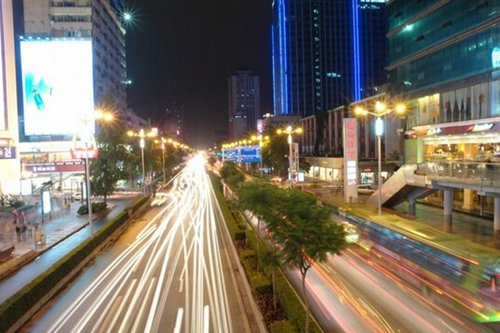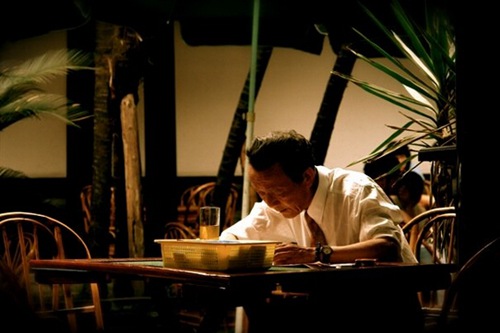China Daily website is inviting you to share Chengdu Story with us! and here are some points that we hope will help contributors:

I have an interesting relationship with Chengdu, one that I would not have expected when I first came to China 12 years ago. It started in 2007 when I was studying Chinese in Chongqing, Chengdu then used to be a convenient weekend escape from the extremes of the mountain city. The first couple of things I immediately noticed were the differences in topography and city layout, how noticeably cooler it was – a welcome break from hot Chongqing summers –, and how relaxed people were. Even when considering how close they are to each other, the way these two cities felt like was strikingly different. Since that first trip, Chengdu has become the city I returned the most often to.
After travelling to over a 100 cities across the country, I can say that Chengdu is definitely one of the most well-balanced cities in China. It is modern but keeps strong roots to its cultural heritage and traditional way of life. It manages to keep its cool and relaxed attitude even if it is a lively metropolis in the midst of rapid growth. These are all qualities usually much more common to smaller cities, but Chengdu is still surprisingly laidback for a city of its size. Chengdu has all the advantages of a big modern city, with few of the inconvenience – while keeping its distinct Sichuanese spirit.
Enriched by the many minorities that call Sichuan home, Chengdu has a rich and long history. People in Chengdu are very proud of this rich cultural heritage, you can feel it, but they are also very modest about it. There is an interesting sense of detachment here, and locals don’t really try to compare Chengdu to other places. They perfectly know how good it is, and that’s all that matters. People really know how to enjoy life. It’s the land of plenty after all (天府之國)!
Chengdu couldn’t be more different than its neighbour Chongqing, a city full of extremes that I also love. Located at the two ends of the Sichuan Basin, they are binary stars orbiting each other, complementing each other to form this truly amazing region that I love so much.
One of the things I like about Chengdu, but also Sichuan and Southwest China in general is the dialect. Every time I hear Sichuanese being spoken in Beijing or abroad, it automatically puts a big smile on my face. Its sounds and rhythm are unique, its expressions and straightforwardness refreshing. A classmate of mine from my time at Tsinghua also studied in Sichuan, and upon hearing the slightest “Zhua’zi?”, we would both immediately turn around, look at each other, and try to figure out where did that come from. That distinctive sound instantaneously brings back memories of Sichuan. Taxi drivers in Chengdu often apologize to me saying “sorry, my Putonghua isn’t that good”. I find that apology a bit odd. I often reply that even if Putonghua is an important means of communication between people from different part of the country, it should not make them feel ashamed of their dialect. I feel that dialects from all around China, not only Sichuanese, should be getting more recognition, celebrated, and preserved. They are of immense cultural significance, and add to the pool of reasons that makes the Chinese language so colourful and unique. The sound of Sichuanese is probably not everyone’s cup of tea; however, once you dig into it, you realize how colourful and rich in expressions it is, and it becomes hard not to like it.
More about myself: My name is Jean-Philippe Trottier (張飛). I’m from Canada, and first came to China in 2004. I previously lived in Hefei, Chongqing, and Beijing, and graduated from Tsinghua University with a Master’s in Political Science and International Relations. Now living and working in Beijing, I visited over 100 cities in China over the last 12 years. I particularly enjoy studying Chinese dialects and minority languages.

The opinions expressed do not represent the views of the China Daily website.
[Please click here to read more My Chengdu Story. You are welcome to share your Chengdu stories with China Daily website readers. Please send your story to [email protected]]
